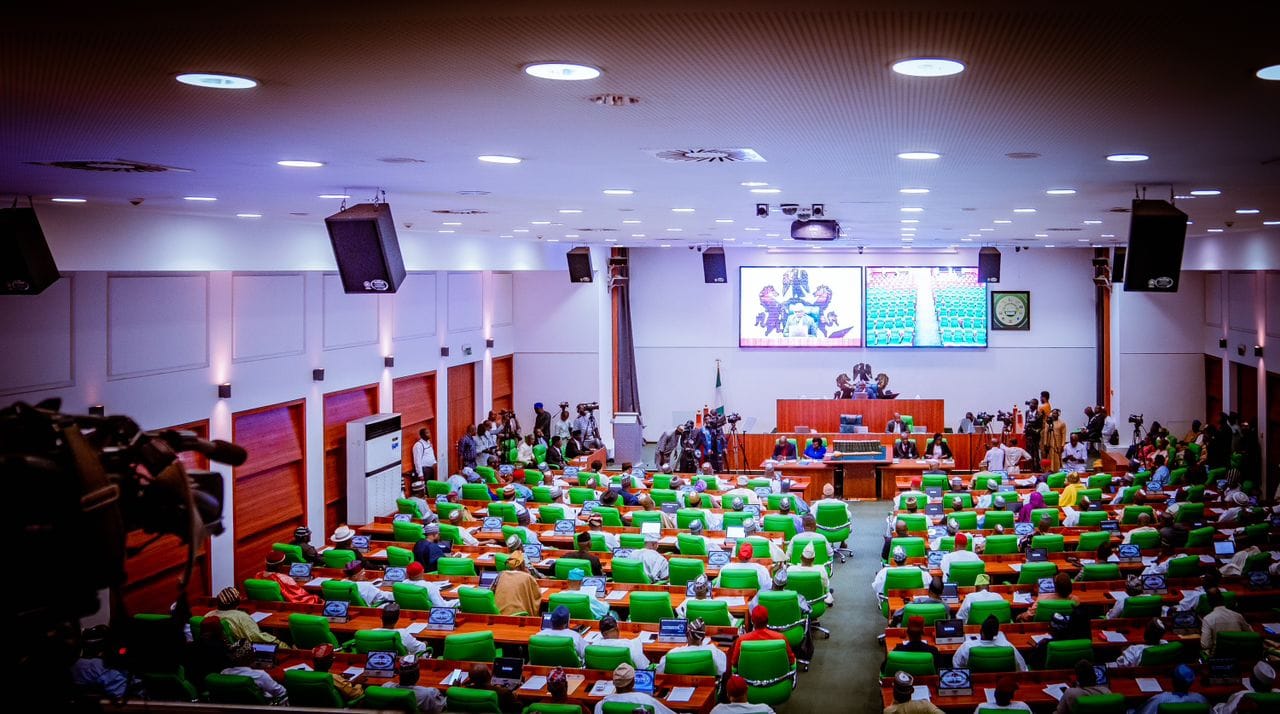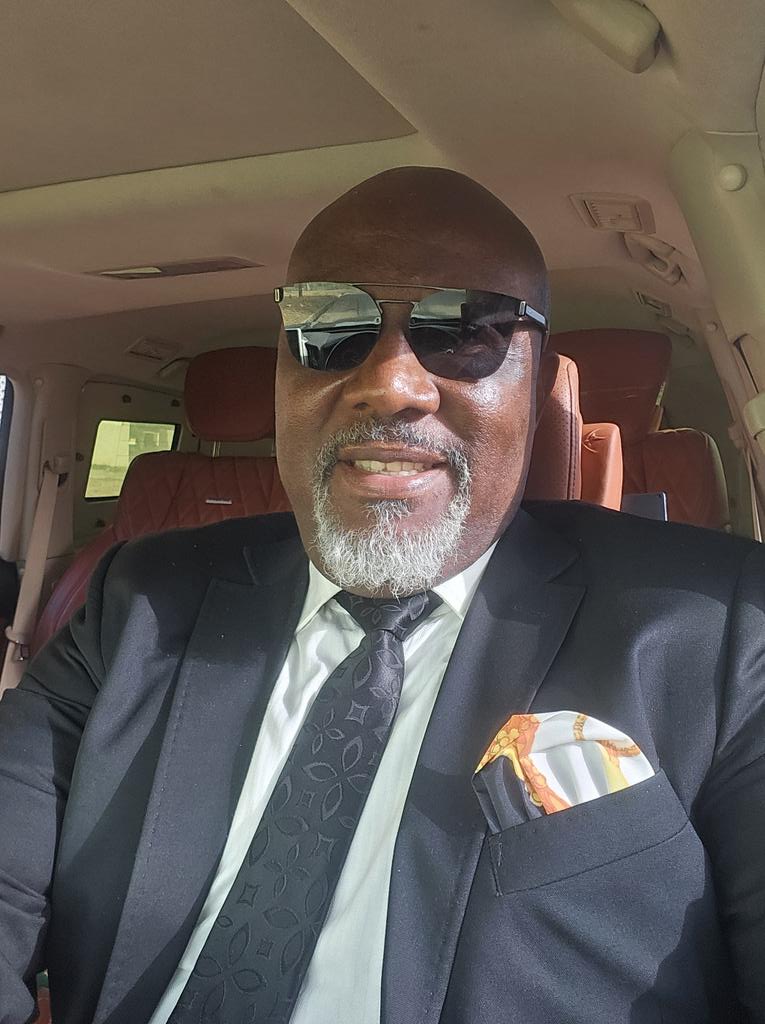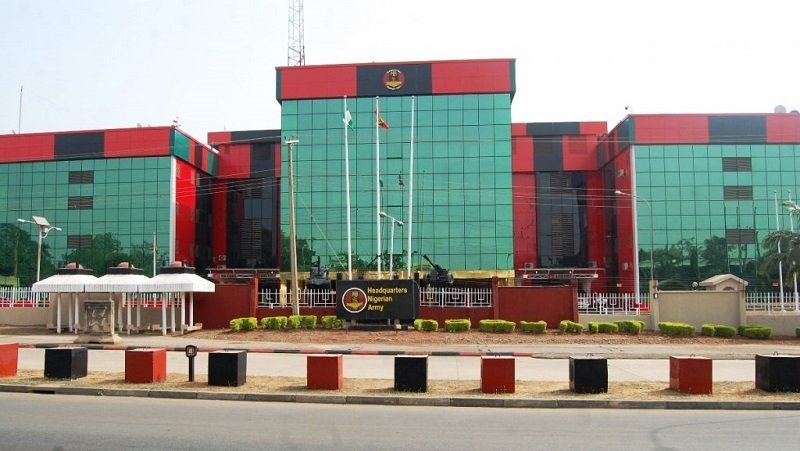The House of Representatives is set for a heated debate this week over President Bola Tinubu’s request for a $2.2bn (N1.77tn) loan to fund the N9.7tn deficit in the 2024 budget. While the Senate has already approved the request, opposition lawmakers and some minority caucus members in the House are raising concerns over Nigeria’s ballooning debt profile and the transparency of fund utilization.
Deputy Spokesperson of the House, Philip Agbese, has declared confidence in the House’s ability to approve the loan. He defended the request, stating that it aligns with the Tinubu administration’s focus on critical infrastructure development. “The Tinubu-led government has been prudent with resources. Relevant standing committees are already scrutinizing the proposal, ensuring it adheres to standard procedures,” Agbese said.
Despite this assurance, the debate highlights a broader tension over the nation’s debt, which currently stands at N136tn. Agbese justified the borrowing, citing the administration’s fiscal policies and its prioritization of infrastructure investment over discretionary spending.
However, the Minority Caucus, led by Kingsley Chinda, cautioned against rushing the decision, urging the government to exhaust alternative revenue sources first. “Borrowing should not be the first option, particularly when it comes with interest. The necessity and transparency of the loan must be firmly established,” Chinda said.
Labour Party lawmaker Afam Oghene expressed similar concerns, calling for detailed scrutiny to ensure the funds are directed toward urgent, impactful projects. He also pointed to the rising public debt, emphasizing the need for transparency and accountability in fund deployment.
In contrast, APC lawmaker Chike Okafor argued that strategic borrowing for critical sectors like roads, health, education, and agriculture is essential for economic growth, provided it is not used for recurrent expenses.
The opposition insists on asking tough questions regarding the specifics of the projects tied to the loan and their repayment plans. They caution that without transparency, the burden of such loans may exacerbate the country’s economic challenges.
The House is expected to deliberate on the loan later this week, setting the stage for a decisive vote on the proposal. While the ruling party holds the majority, opposition voices signal a continued push for oversight and accountability in managing Nigeria’s public funds.




